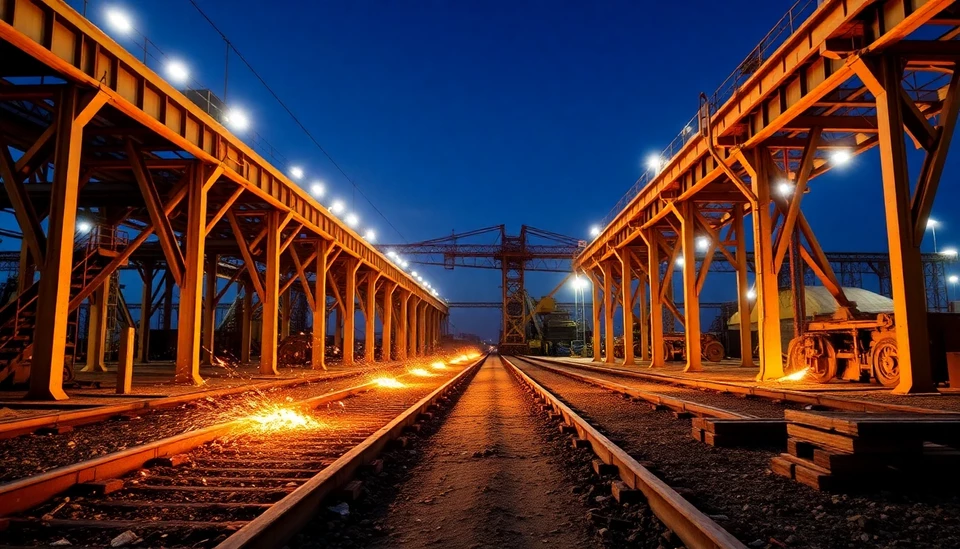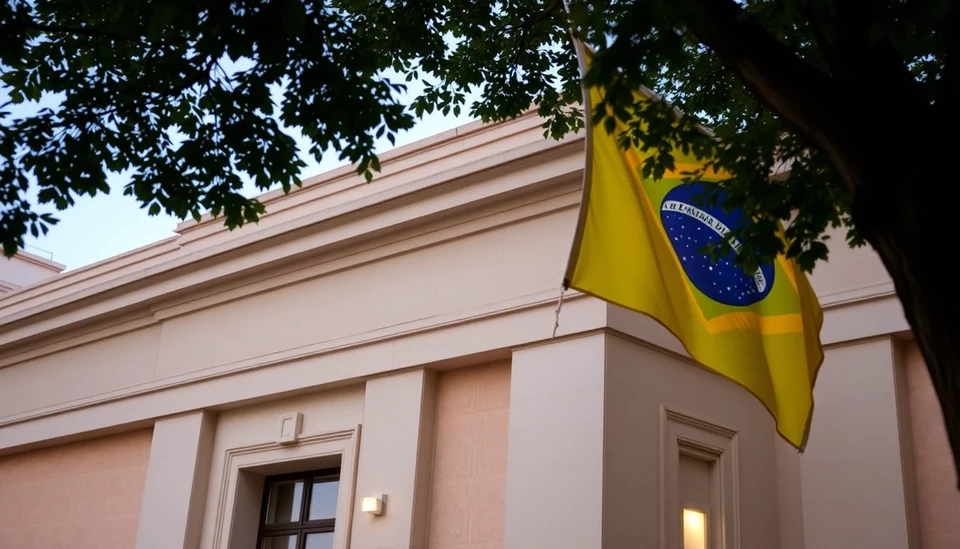
In response to the ongoing challenges posed by former President Donald Trump's steel tariffs, Brazil is proposing a novel solution—introducing quotas on steel imports. This comprehensive approach aims to balance the need for domestic production with the demand in the market, potentially easing the burden caused by the tariffs that have impacted many countries, including Brazil.
Since the imposition of the tariffs, Brazil's steel exports to the United States have seen a significant decline, placing pressure on the local economy and the steel industry, which is vital for jobs and investment. The Brazilian government recognizes the detrimental effects these tariffs have had on international trade, prompting officials to look for effective ways to mitigate the impact without escalating tensions with the U.S.
The introduction of import quotas would allow Brazil to set a limit on the amount of steel it exports to the U.S., thereby providing a structured approach that can help maintain a steady flow of trade. By regulating the quantities, Brazil hopes to negotiate with U.S. authorities and find a middle ground that benefits both nations. This move could not only safeguard Brazilian jobs but also ensure that U.S. steel producers have access to the necessary materials without facing an oversupply or ignoring domestic production.
Brazillian authorities are confident that quotas may serve as a good compromise that recognizes the importance of U.S.-Brazil trade relations while addressing the dire consequences of tariffs on local industries. They plan to work closely with stakeholders to devise a quota system that aligns with international trade regulations and satisfies both national and foreign interests.
The proposed quotas could also serve as a template for other affected countries, highlighting a creative strategy to navigate the turbulent waters of international trade amidst rising protectionism. Brazil's approach underscores a commitment to finding collaborative solutions while fostering trade partnerships grounded in mutual benefit.
With negotiations on the horizon, Brazil is eyeing a swift resolution that could restore some equilibrium to its steel industry and reignite trade growth with the U.S., further enriching the bilateral relationship tweaked during the previous administration. As the situation unfolds, the focus will remain on ensuring a fair trade environment that benefits both nations.
As Brazil takes steps to implement this strategy, the global steel industry and international market observers will be closely monitoring the developments. Success in these negotiations could set a precedent for other countries and reshape the dynamics of steel trade in the context of protectionist policies.
Looking ahead, the Brazilian government is poised to engage in discussions with U.S. trade representatives, with the hope that a quota system will prove to be a pivotal catalyst for enhancing economic cooperation and stability in a time of uncertainty.
#Brazil #SteelTariffs #TradeRelations #Quotas #Manufacturing #InternationalTrade #Economy #TradePolicy #USeconomy
Author: Laura Mitchell




